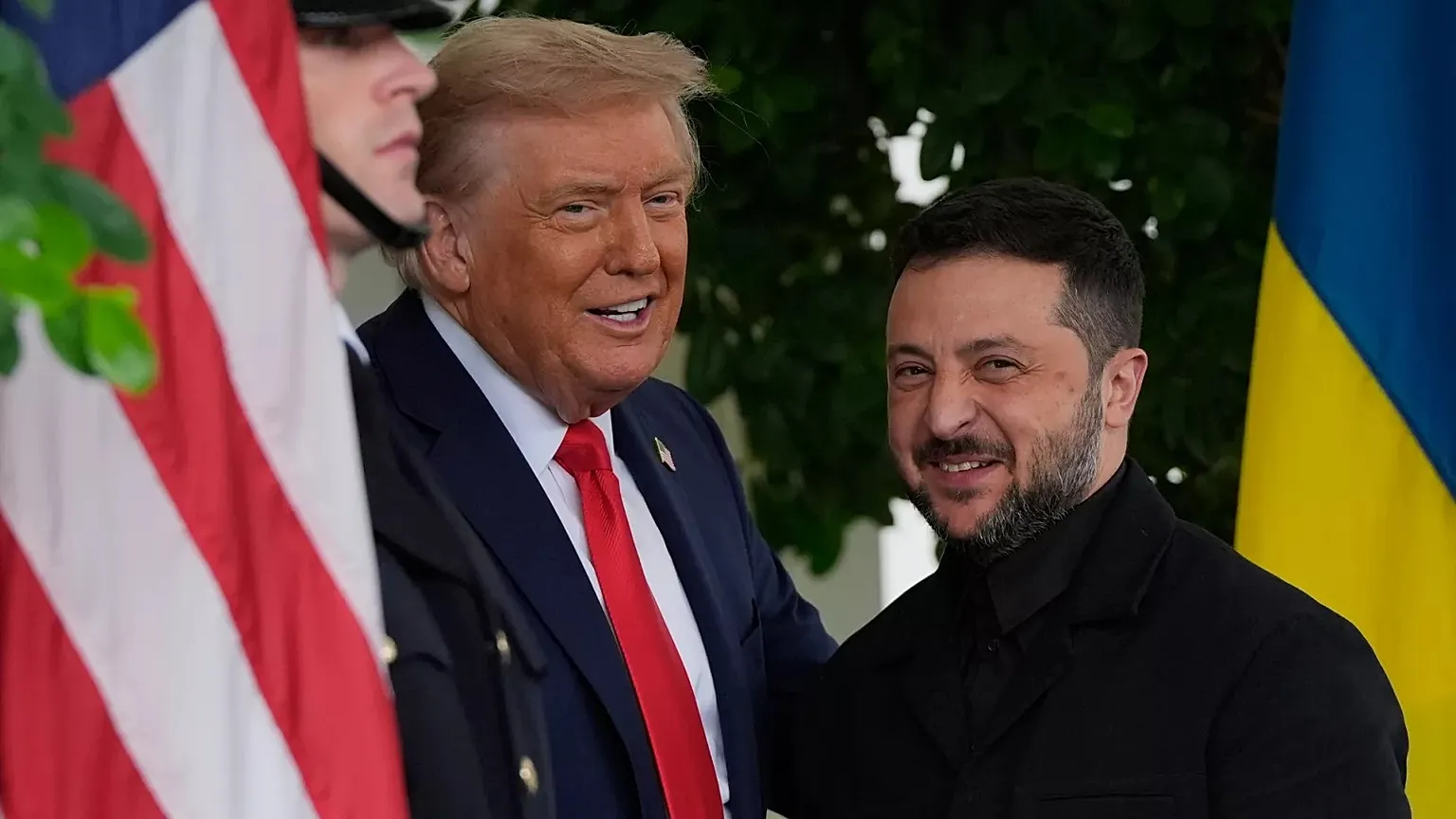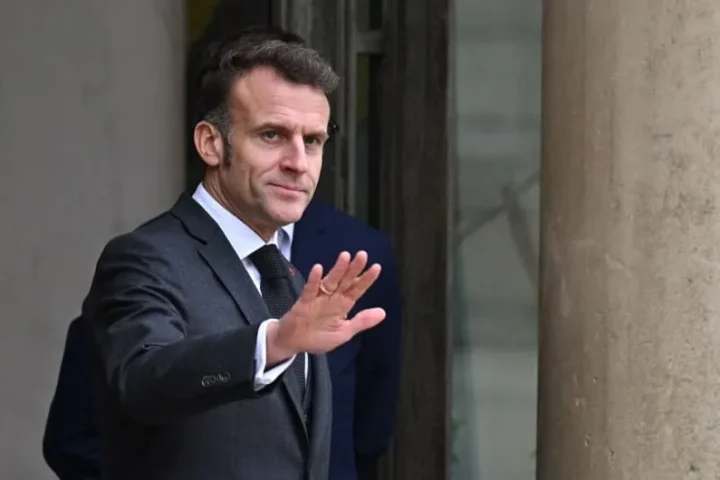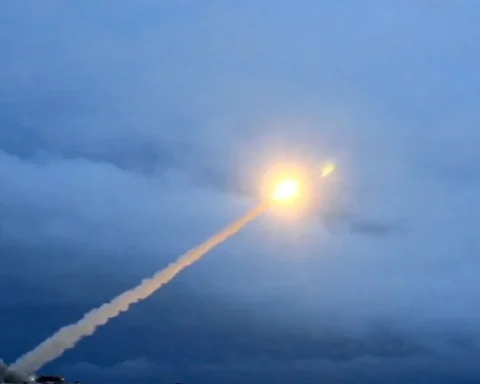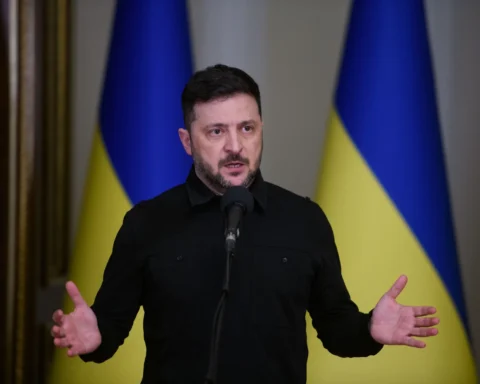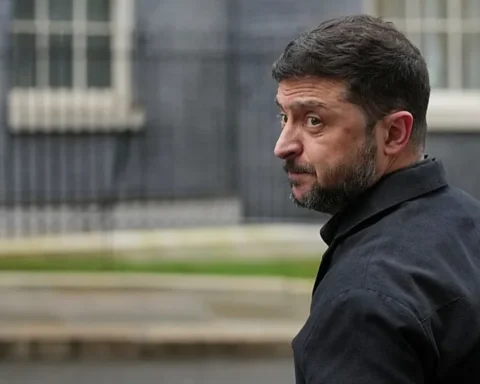The United States is set to deepen its support for Ukraine’s military campaign by providing intelligence assistance aimed at enabling strikes on critical Russian energy facilities. According to officials familiar with the matter, this development marks a significant step in Washington’s evolving role in the ongoing conflict, as Ukraine seeks to degrade Moscow’s energy revenues that help finance its war effort.
A New Phase of Cooperation
Until recently, U.S. intelligence sharing with Ukraine had been largely limited to defensive operations and battlefield awareness. The latest decision suggests a shift toward facilitating offensive strikes on high-value infrastructure within Russia. Energy sites—including oil depots, refineries, and power-generation hubs—are being identified as potential targets, with the intention of disrupting Russia’s economic stability and military logistics.
While Washington maintains it is not directly conducting or authorizing strikes, officials have confirmed that intelligence will be used by Kyiv to “refine targeting” and “maximize effectiveness” of operations carried out by Ukrainian forces or drones.
Why Energy Infrastructure?
Energy revenues form a critical lifeline for Russia’s economy, funding not only domestic spending but also military operations in Ukraine. By targeting oil refineries and related facilities, Ukraine hopes to erode Russia’s ability to sustain its war machine.
Ukraine has already conducted limited drone strikes on Russian energy sites in regions such as Belgorod, Bryansk, and Kursk, causing fires and temporary disruptions. However, with U.S. intelligence support, Kyiv may now be able to launch more coordinated and precise attacks deeper inside Russia.
Balancing Escalation Risks
The move carries geopolitical risks. Moscow has repeatedly warned that Western support for Ukrainian strikes inside Russia could escalate the conflict and provoke retaliatory measures. Washington, however, has emphasized that its assistance is intended to “level the playing field” and counter Moscow’s continued bombardment of Ukrainian infrastructure, including power plants and civilian energy grids.
Analysts suggest that U.S. policymakers are carefully balancing two objectives: weakening Russia’s war effort while avoiding steps that could trigger direct confrontation between NATO and Moscow. By providing intelligence rather than direct military assets, Washington seeks to maintain this balance.
Ukrainian Strategy
For Kyiv, striking Russia’s energy infrastructure serves both military and psychological purposes. Damaging oil facilities not only undermines Russia’s fuel supply chains but also signals that Ukraine can project power beyond its borders, challenging Moscow’s narrative of invulnerability.
At the same time, Ukrainian officials have insisted that their actions are lawful under international norms, describing such facilities as “legitimate military targets” given their role in sustaining Russia’s war.
International Response
The decision to expand intelligence sharing has drawn mixed reactions from U.S. allies. Some European partners worry that strikes deep inside Russia could harden Moscow’s resolve or trigger retaliatory energy disruptions against Europe. Others view it as a necessary step to blunt Russia’s financial advantage and reduce its capacity to wage war.
Meanwhile, human rights and security experts have raised concerns about the potential humanitarian fallout. Energy infrastructure strikes could indirectly impact civilians in Russia, leading to blackouts, fuel shortages, and disruptions in essential services.
Looking Ahead
The deepened U.S.–Ukraine intelligence partnership signals that the conflict is entering yet another stage of strategic escalation. While it remains unclear how expansive these strikes will become, the precedent being set could reshape the battlefield dynamic heading into the winter months, when energy supply disruptions are most impactful.
For Kyiv, the support provides a long-sought capability to strike deeper and harder against Russia’s economic backbone. For Washington, it underscores the Biden administration’s determination to stand by Ukraine while walking a tightrope between support and escalation.
